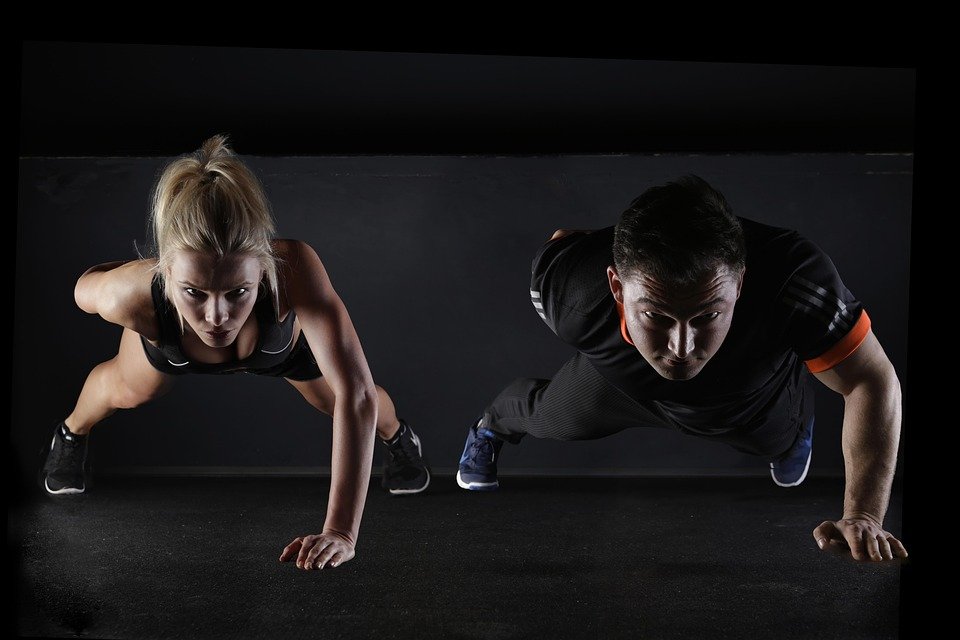[ad_1]
For athletes, peak performance isn’t just about training hard—it’s about recovering smart. Proper recovery helps prevent injuries, reduces fatigue, and enhances overall performance. Whether you’re a professional athlete or a weekend warrior, incorporating the best recovery techniques can make a significant difference in your results.
Why Recovery Matters
Recovery is the process of allowing the body to repair and adapt after intense physical activity. Without adequate recovery, athletes risk:
- Overtraining syndrome (persistent fatigue, decreased performance)
- Increased injury risk (muscle strains, joint stress)
- Slower progress (reduced strength and endurance gains)
To maximize performance, athletes must prioritize recovery as much as training.
The Best Recovery Methods for Athletes
1. Sleep & Rest
Quality sleep is the most powerful recovery tool. During deep sleep, the body releases growth hormone, repairs muscle tissue, and restores energy.
- Aim for 7-9 hours per night
- Follow a consistent sleep schedule
- Optimize sleep environment (dark, cool, quiet)
2. Hydration & Nutrition
Proper fueling accelerates recovery by replenishing glycogen stores and repairing muscle damage.
- Hydrate before, during, and after workouts (water + electrolytes)
- Consume protein (20-40g post-workout for muscle repair)
- Eat anti-inflammatory foods (berries, fatty fish, leafy greens)
3. Active Recovery
Low-intensity movement promotes blood flow, reducing soreness and stiffness.
- Light jogging, swimming, or cycling
- Yoga or dynamic stretching
- Foam rolling (myofascial release)
4. Cold & Heat Therapy
- Cold therapy (ice baths, cryotherapy) – Reduces inflammation and muscle soreness
- Heat therapy (saunas, hot baths) – Improves circulation and relaxation
5. Compression Therapy
Wearing compression garments (socks, sleeves) can:
- Enhance blood flow
- Reduce muscle swelling
- Speed up recovery time
6. Massage & Mobility Work
- Sports massage – Relieves muscle tension and improves flexibility
- Dynamic stretching & mobility drills – Prevents stiffness and enhances range of motion
7. Mindfulness & Stress Management
Mental recovery is just as important as physical recovery.
- Meditation & deep breathing – Reduces cortisol (stress hormone)
- Visualization techniques – Enhances focus and performance
Conclusion
To perform at your best, recovery must be a non-negotiable part of your training routine. By combining proper sleep, nutrition, active recovery, and advanced techniques like cold therapy and compression, athletes can optimize performance, prevent injuries, and achieve long-term success.
Recovery isn’t just downtime—it’s the secret weapon of champions.
Would you like a personalized recovery plan? Let’s discuss your goals! 🚀
[ad_2]






